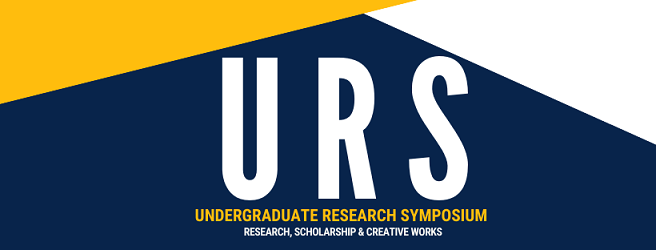Faculty Sponsor
Christoph Schiessl
Final Abstract for URS Program
The Wannsee Conference, held in January 1942, marked a crucial turning point in the Holocaust, as it signified the Nazi regime's decision to systematically exterminate Europe's Jewish population on an industrial scale. This poster presentation examines the role of the Wannsee Conference in Holocaust denial narratives and the portrayal of the conference in the critically acclaimed film, Conspiracy (2001). I discuss how Holocaust deniers use the Wannsee Conference to argue against the existence of a plan to exterminate Jews or to suggest that the conference never took place. Through an analysis of the conference transcript, I demonstrate its significance in establishing the collaboration between various Nazi agencies in implementing the Final Solution and its importance as evidence during post-WWII trials of Nazi war criminals. Our findings challenge Holocaust denial narratives by highlighting the use of subtle language and innuendo in the Wannsee protocol, which allowed Nazi officials to discuss the extermination plan without explicitly mentioning it. This poster presentation contributes to understanding the historical memory of the Holocaust and refuting Holocaust denial claims.
Presentation Type
Visual Presentation
Document Type
Article
Included in
European History Commons, Holocaust and Genocide Studies Commons, United States History Commons


